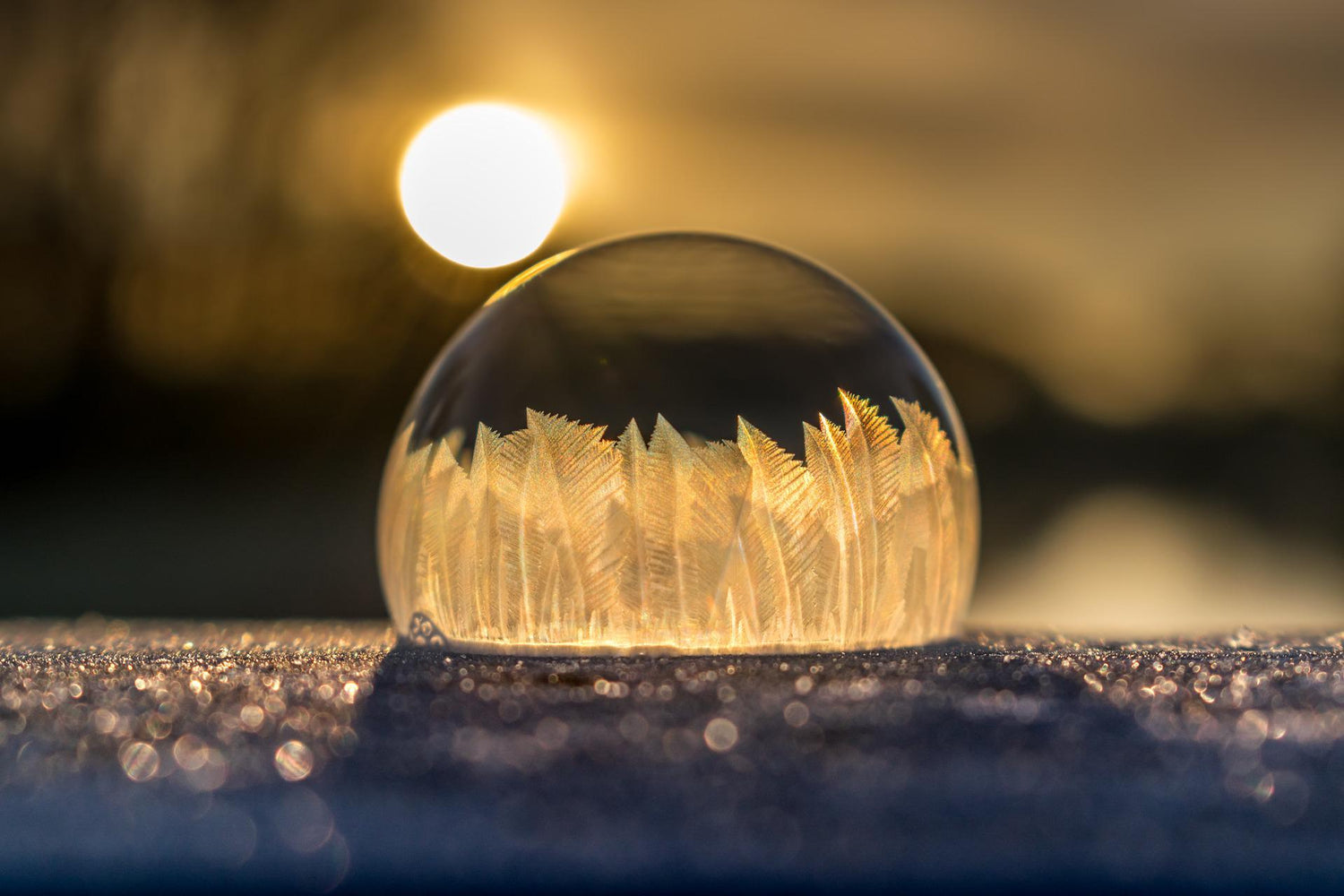
We've updated the FAQ on the natural sweeteners we carry, but how about artificial sweeteners?
Whether you call them synthetic or artificial, we should state that there is no evidence that any engineered sweeteners are actually bad for you in any way. Despite this the feedback we hear from our customers suggests that natural is the preference and we will stay true to these values.
So what are the common artificial sweeteners and how do you spot them on a product label?
- Aspartame (often hidden as "951") - "an artificial non-saccharide sweetener 200 times sweeter than sucrose".
- Saccharin (954) - "an artificial sweetener with effectively no food energy".
- Sucralose (955) - "an artificial sweetener and sugar substitute"... "produced by chlorination of sucrose".
- Acesulfame-K (950) - K being the chemical symbol for Potassium, this is "a synthetic calorie-free sugar substitute (artificial sweetener)".
- Neotame (961) - "a non-caloric artificial sweetener and aspartame analog by NutraSweet".
- Cyclamate (952) - "an artificial sweetener that is 30–50 times sweeter than sucrose".
- Advantame (969) - "a high-intensity artificial sweetener that is 20,000 times sweeter than sucrose".
If you see the letter "E" preceding the number this refers to "Europe" where regulation of food additives began in the 1960s.
The number is of course their product code. All food additives - good, bad or otherwise - have a number, so hopefully when these ingredients are disguised by their number you can recognise them and make your decision.
While synthetic sweeteners like aspartame, saccharin, sucralose, acesulfame-K, and neotame may be cost-effective, they are not the healthiest option for those looking to reduce their sugar intake. Unlike natural sweeteners that are derived from plants, these artificially engineered sweeteners are manufactured in a laboratory, and their long-term health effects are still not fully understood.
So, if you're health-conscious and prefer natural sweeteners, you may want to think twice before reaching for that low-calorie soda sweetened with artificial sweeteners.


